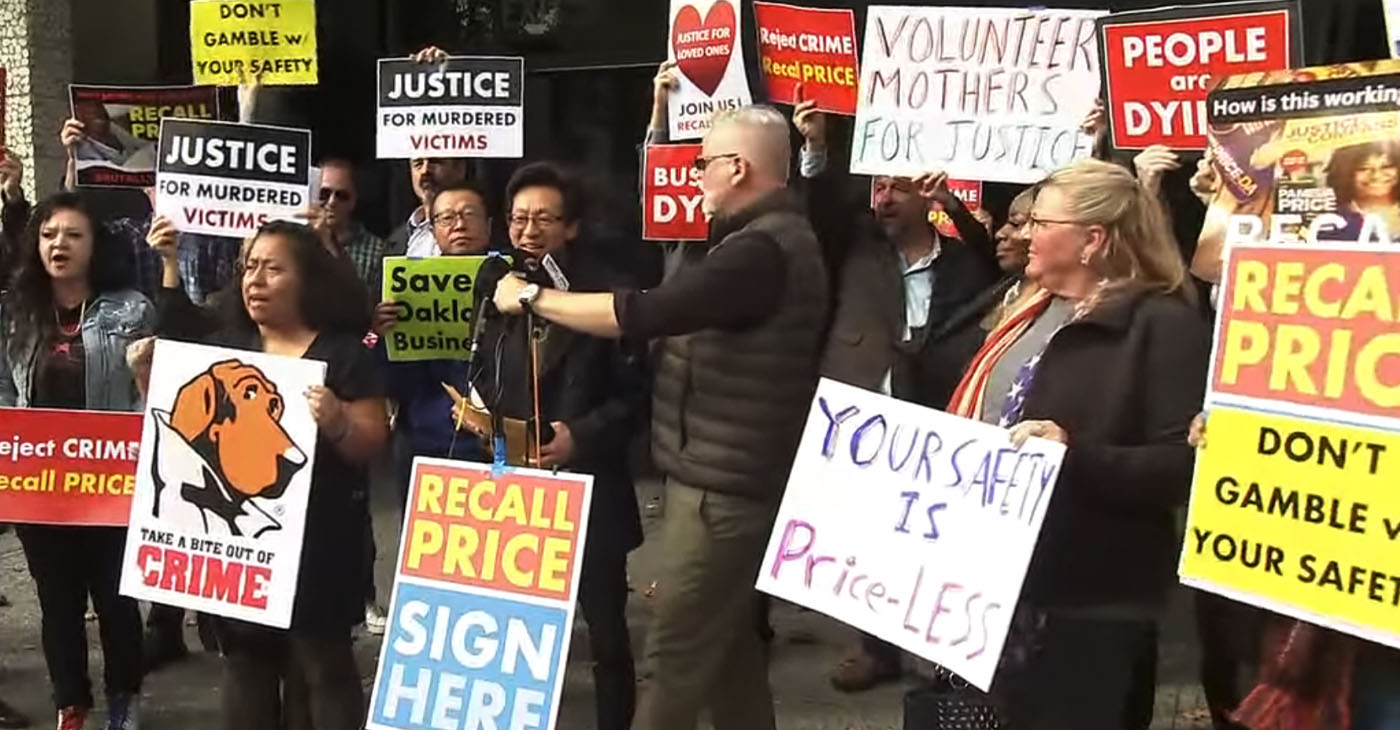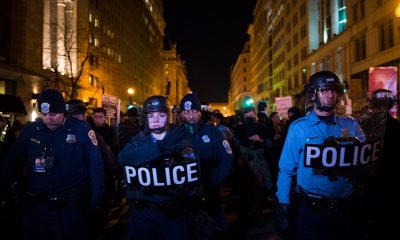By Magaly Muñoz | Post Staff
The Alameda County Board of Supervisors rejected, by a 3-2 vote, the proposal to place a measure on the March 2024 ballot to change the county’s recall process to match that of the state’s.
In October, the board introduced the amendment after Alameda County Counsel Donna Zieglar brought forward that the existing charter is outdated and needs to align with California’s current recall process.
The supervisors had originally planned to vote on the matter at their final October meeting but postponed the conversation when it became clear that there was too much confusion about the implications of the measure.
They recommended that the county counsel develop a ‘Frequently Asked Questions’ (FAQ) section about the charter amendment to answer questions that were being raised by the public.
The FAQ featured answers to questions about timelines before and after petitions are signed, signature amounts, and an alternate proposal recommendation on who could be subject to a recall.
The original item that the board discussed and voted on at their previous meeting would change the charter to read: “California state law applicable to the recall of county officers shall govern the recall of county of Alameda elected and appointed officers.”
The alternate item that was newly introduced and added at the Tuesday meeting would change the language from “Alameda elected and appointed officers” to only “Alameda elected officers” meaning that officials who were appointed to their positions would not be subjected to recall attempts.
Attendees in person and online spoke out against the amendment change, saying that it was taking their power away as voters and that even with the FAQ, there remains a degree of confusion.
Chris Moore, a member of Save Alameda For Everyone (SAFE), which is currently spearheading the recall efforts against Alameda D.A. Pamela Price, said that their current petition is extremely popular and they believe they can gather all the required signatures before the March deadline.
“The public wants this to happen,” Moore said.
With the current charter, only 73,000 signatures are needed to trigger a recall election, but if the amended charter were to be approved, almost 20,000 more signatures would be required.
Following the conclusion of public comments, SAFE held a press conference outside of the County Administration Building. Carl Chan, a key officer of SAFE, announced that in just five weeks they were able to collect over 70,000 signatures and affirmed that SAFE will not stop until they have 110,000 signatures, keeping in mind the potential changes to the charter.
Price is facing a recall despite her victory at the polls last year when she ran on a platform of judicial reform, defeating Terry Wiley who had been supported by Price’s predecessor, Nancy O’Malley.
Assertions that she is ‘soft on crime’ reached a fervor earlier this year as a surge of theft, robberies and shoplifting crimes alarmed residents in Oakland and other major cities in the Bay Area, the state, and the nation.
Price has had to remind media and citizens alike, that the district attorney can only charge and prosecute criminals after police arrest them.
“DA Price has been working as a civil rights attorney for over 40 years, she’s a fighter for justice and will continue to fight for the safety of the people across Alameda County, no matter how much money they spend trying to take her out.” said William Fitzgerald, campaign spokesperson for “Protect The Win” campaign, in a press release about the county charter amendment.
In contrast, despite Board President Nate Miley telling KQED that he’s “pretty confident the board is going to align our charter with state law,” he spoke and voted in opposition to both amendment recommendations.
Because there is still a lot of confusion on the charter amendment and because it as if the board is taking a side on the matter, Miley said it was unfair to put this measure in front of voters in March.
“I think at this point it doesn’t serve the public interest to move ahead with this at this time only because we would be placing ourselves in the way of an effort to move ahead with a particular recall and tainting that process,” Miley added.
Miley, alongside Board Vice President David Haubert, recommended tabling the discussion until after March 2024.
On the other hand, board members Keith Carson and Elisa Marquez argued that as public officials, they have an obligation to voters to allow them to decide for themselves if they want to change the charter to align it with the state’s. Tabling the issue would only delay a process that they know needs to happen soon.
Board members Miley, Haubert, and Lena Tam voted ‘no’ on the recommendation, while Carson and Marquez voted ‘yes.’
Although the vote to modify the charter to include “Alameda elected and appointed officers” failed, the alternate recommendation for the language to exclude “appointed officials” was approved for further discussion.
The Board of Supervisors will discuss and vote on the alternate recommendation at their Nov. 28 regular meeting.
Magaly Muñoz
A graduate of Sacramento State University, Magaly Muñoz’s journalism experience includes working for the State Hornet, the university’s student-run newspaper and conducting research and producing projects for “All Things Considered” at National Public Radio. She also was a community reporter for El Timpano, serving Latino and Mayan communities, and contributed to the Sacramento Observer, the area’s African American newspaper.
Muñoz is one of 40 early career journalists who are part of the California Local News Fellowship program, a state-funded initiative designed to strengthen local news reporting in California, with a focus on underserved communities.
The fellowship program places journalism fellows throughout the state in two-year, full-time reporting positions.



 Activism4 weeks ago
Activism4 weeks ago
 Activism4 weeks ago
Activism4 weeks ago
 Alameda County4 weeks ago
Alameda County4 weeks ago
 Activism4 weeks ago
Activism4 weeks ago
 Alameda County4 weeks ago
Alameda County4 weeks ago
 Activism4 weeks ago
Activism4 weeks ago
 Activism4 weeks ago
Activism4 weeks ago
 Activism3 weeks ago
Activism3 weeks ago



















































